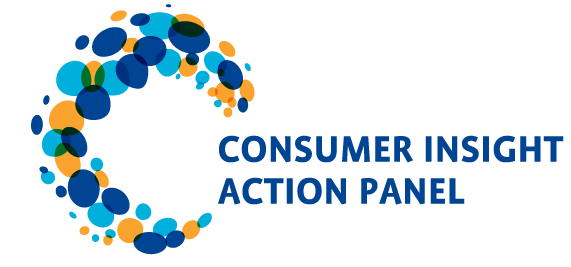How can consumers lead the effort to keep electronics in the loop and not lose valuable resources? Who can support them and how? Who needs which skills for this? The EU Circular Talk “The Circular Electronics Initiative: Insights on Skills” took a close look at these questions together with experts, retailers, city representatives, and policymakers.
When it comes to keeping products in the loop, the stakes are high. “Not only a one-year lifetime extension of smartphones would save 2.1 million tons of carbon per year by 2030, but also the job creation potential of the reuse and refurbishment sector is huge”, noted Daniel Montalvo from the European Environment Agency (EEA) and Michal Len from RReuse.
That’s why with the EU Circular Economy Action Plan, the European Commission is determined to accelerate the transition to a circular economy. If consumers return, reuse or dispose used products properly, they can make an invaluable contribution to this goal. However, that’s far from a straight forward process. In order to exercise their ‘right to repair’ and make the most of ‘take-back schemes’, consumers need support in changing behaviours, acquiring new skills or improving existing ones. On the other hand, other stakeholder also need certain skill sets in order to support and empower consumers with regard to repairing or taking back electronic devices such as laptops, tablets, or phones.
During the Circular Talk, which took place online in May 2021, Bettina Lorz from the Directorate General (DG) Environment and Daniel Montalvo from the European Environment Agency (EEA) underlined the urgent need to boost circular solutions in the electronics sector and behavioural challenges from the consumer perspective. While the life spans of electronics are far too short, it is even more of a problem that the products that have been replaced by newer ones do not go back into the resource cycle. Both Lorz and Montalvo underlined the fact that most of the unused devices still are stored at consumers’ homes.
In view of this challenge, the panelists laid out ideas related to the skills that various stakeholders need in order to empower and support consumers to behave in more circular ways. The list ranged from technical and digital skills to marketing, business models, collaboration, and enhanced communication on the side of policy makers, retailers, city representatives and social entrepreneurs.
In order to lead successful and inclusive reskilling and upskilling processes, the experts deemed the creation of competence centres for circular skills at national and regional level as paramount. Existing examples, such as the House of Skills in Amsterdam are already showing very promising results. Moreover, it was suggested that the educational systems in Europe should pay extra attention in integrating the skills needed for the sustainable transformation from early on.
Are you as keen as we are on empowering consumers to become leaders for circularity in the electronics sector and beyond? Engage with us on LinkedIn and let’s collaborate for the circular economy!


